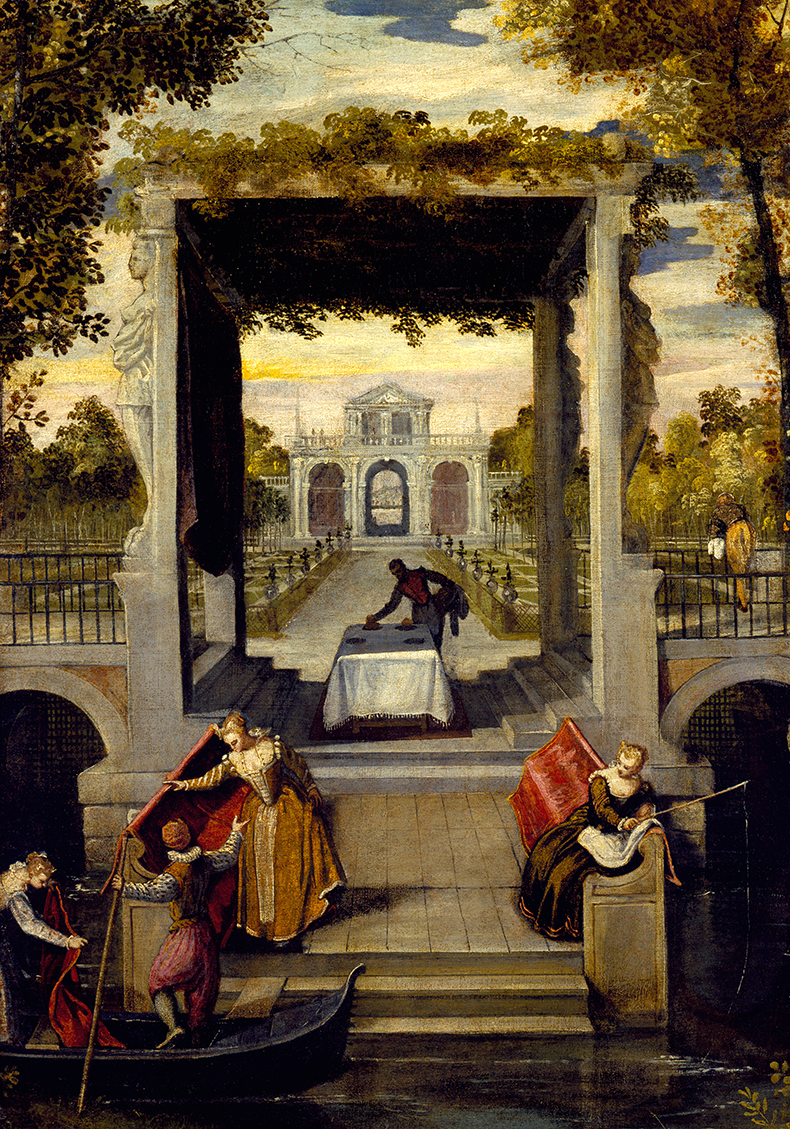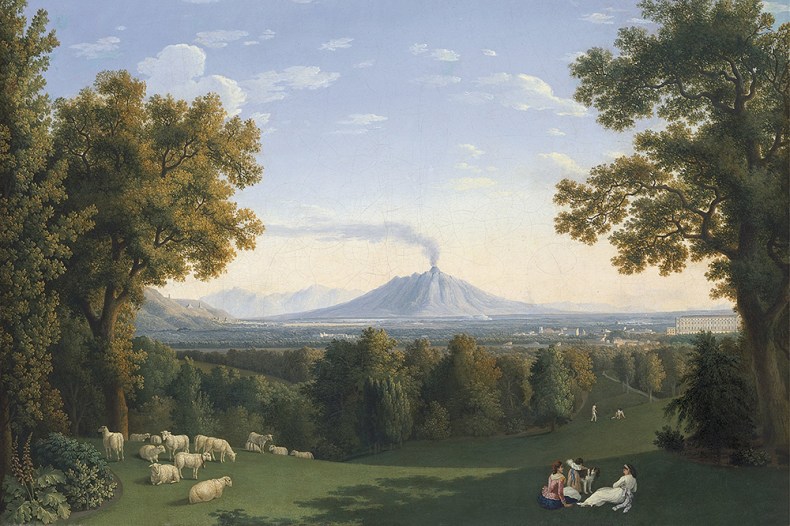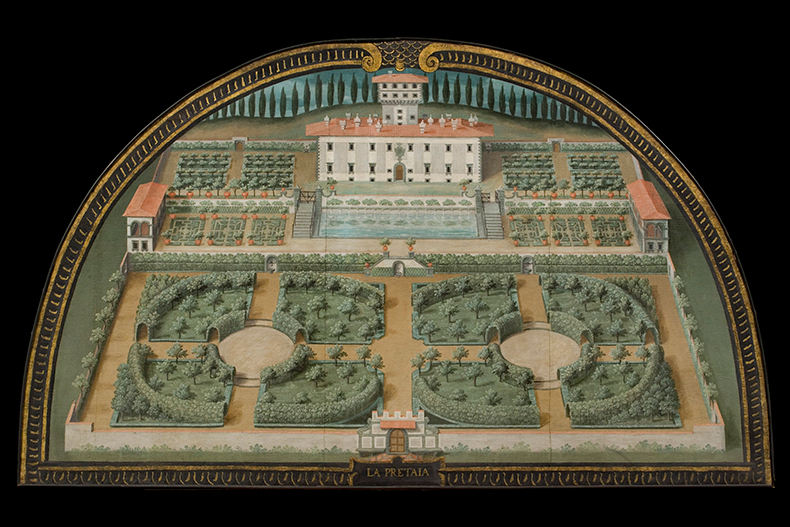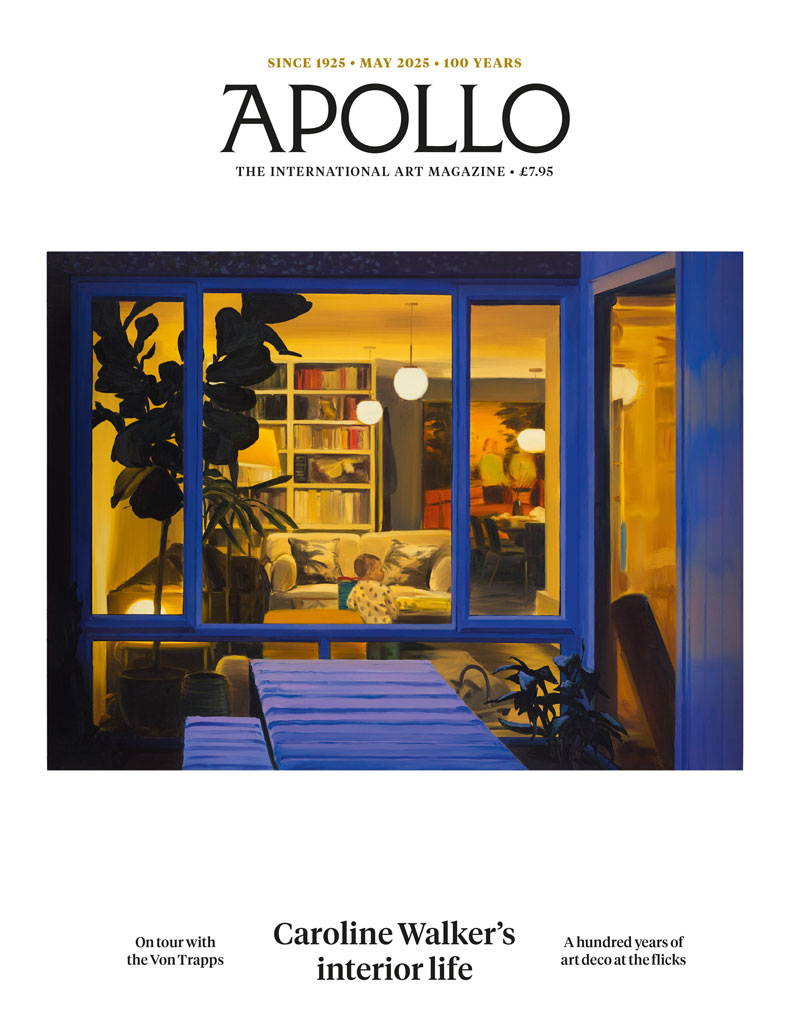The Reggia di Caserta in the south of Italy, formerly the residence of the kings of Naples during the 18th and 19th centuries, explores the history of the palace’s royal park in this exhibition (1 July–16 October). More than 200 exhibits, including paintings, sculptures and objets d’art, reveal the story behind the garden originally commissioned by Charles de Bourbon and his wife Maria Amalia of Saxony in 1734. The various sections of the exhibition take in the garden’s water features, consider the garden as the backdrop for theatrical displays and ceremonies, and explore the religious and mythological narratives with which artists have imbued the garden. Highlights include Benedetto Caliari’s Scena di approdo di un giardino di villa veneta (c. 1555–75), the intricate Villa La Petraia (1599–1603) by Giusto Utens which reveals the complexity of the garden’s structure, and Jacob Phillipp Hackert’s Landscape with the Palace of Caserta (1793), which richly demonstrates the artist’s love of the Southern Italian landscape. Find out more from the Reggia di Caserta’s website.
Preview below | View Apollo’s Art Diary here

Scena di approdo di un giardino di villa veneta (c. 1555–75), Benedetto Caliari. Accademia Carrara, Bergamo

Landscape with the Palace at Caserta (1793), Jacob Phillipp Hackert. Museo Thyssen-Bornemisza, Madrid

Villa La Petraia (1599–1603), Giusto Utens. Villa La Petraia, Florence














![Masterpiece [Re]discovery 2022. Photo: Ben Fisher Photography, courtesy of Masterpiece London](http://zephr.apollo-magazine.com/wp-content/uploads/2022/07/MPL2022_4263.jpg)
Suzanne Valadon’s shifting gaze